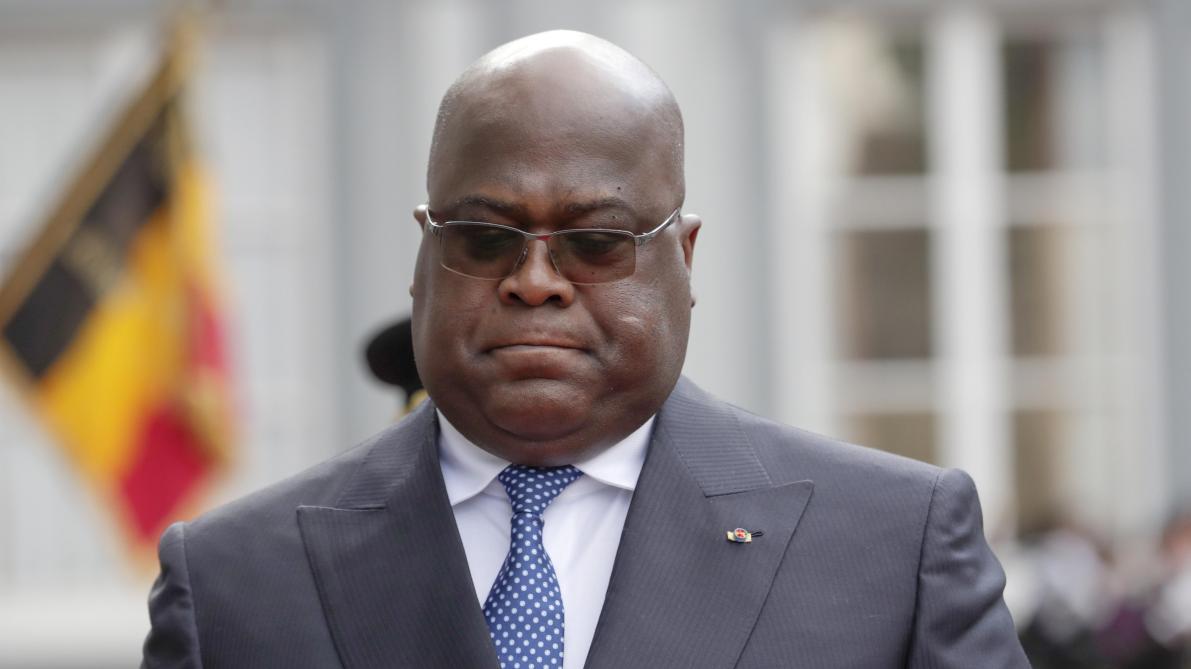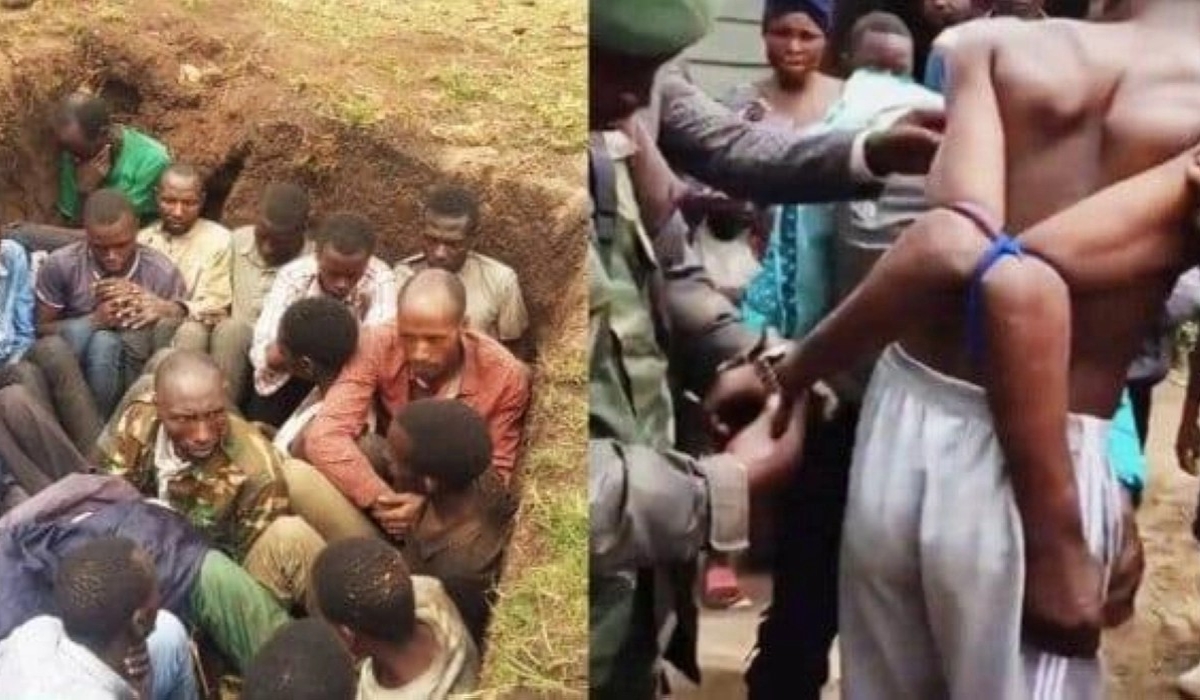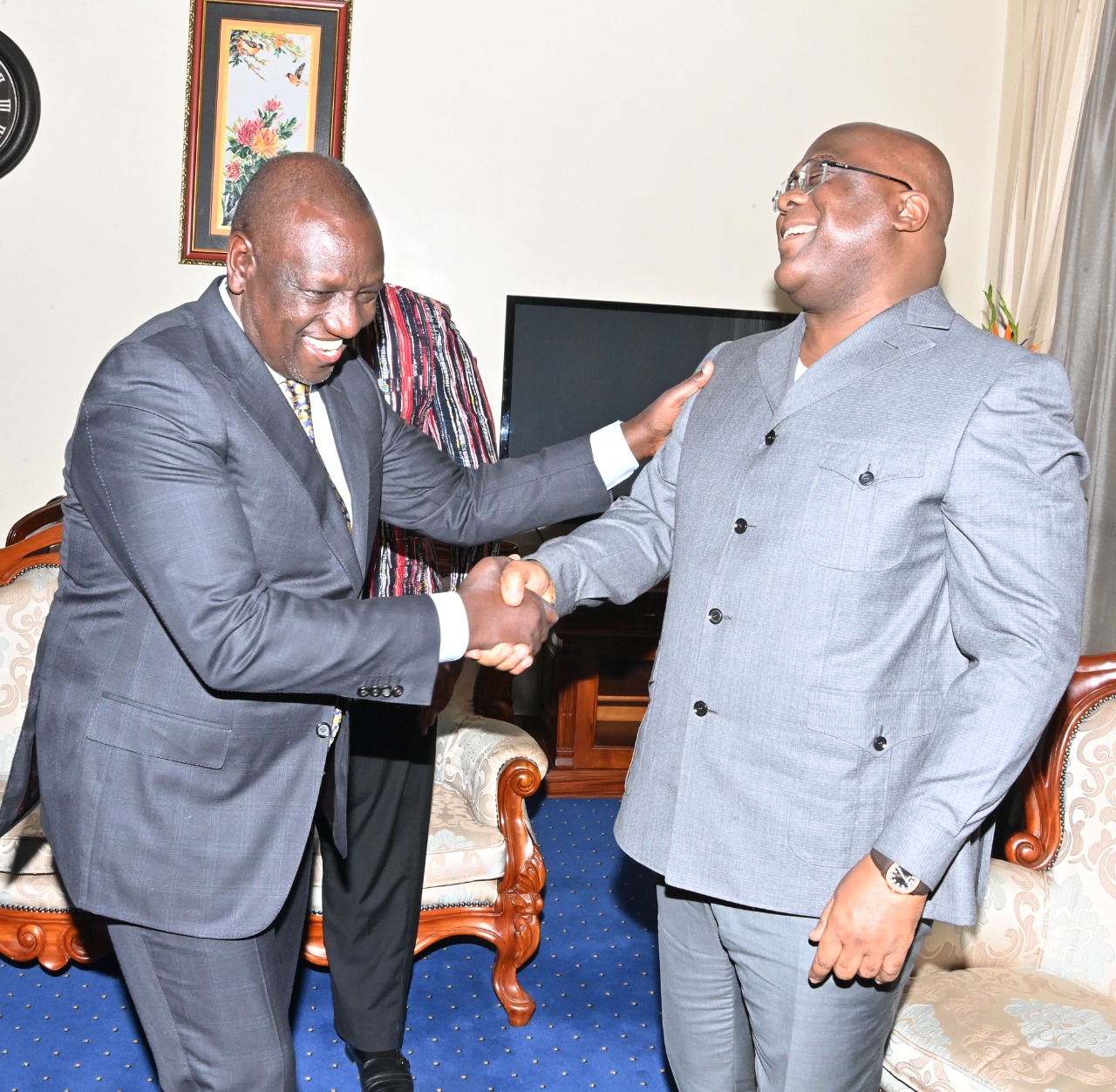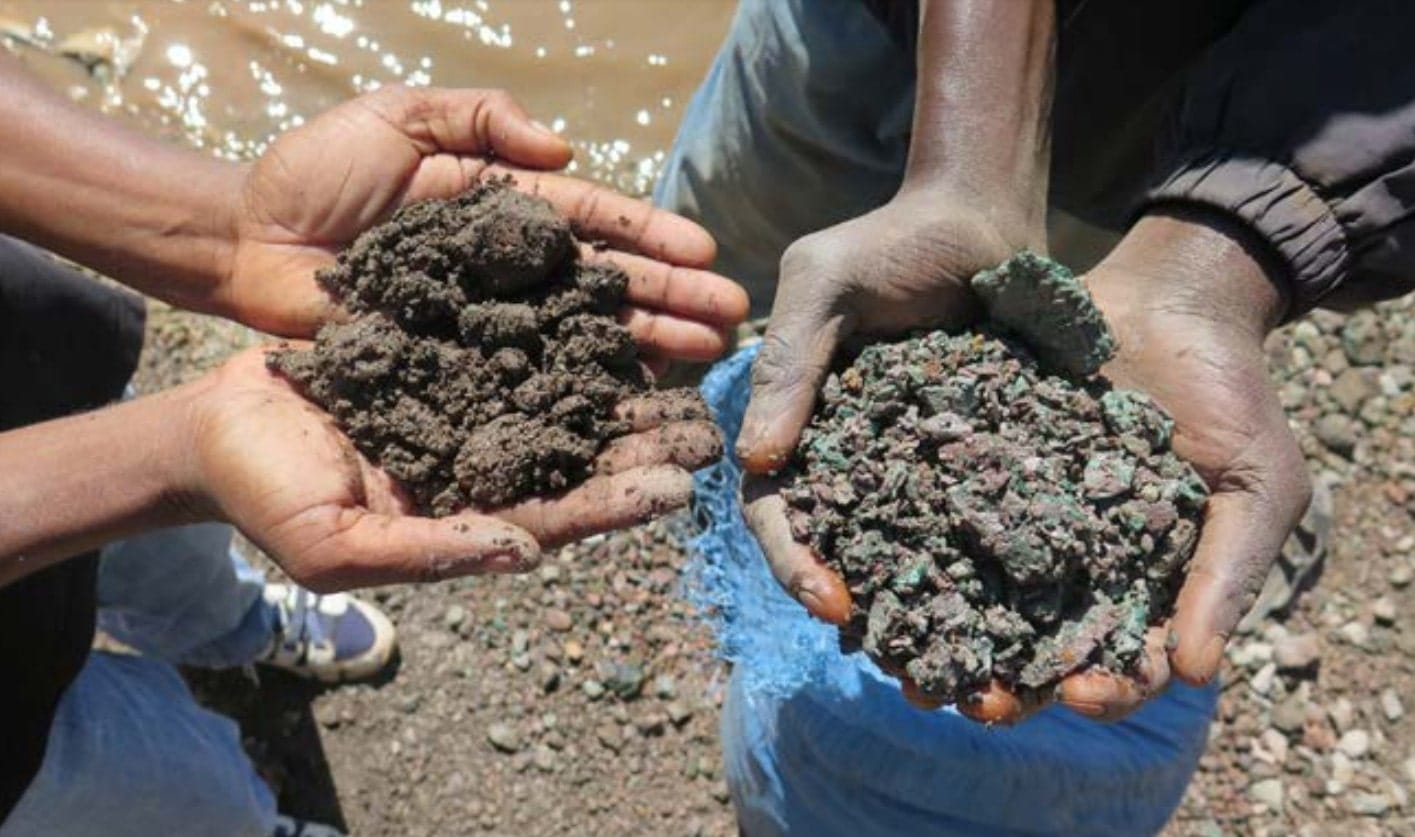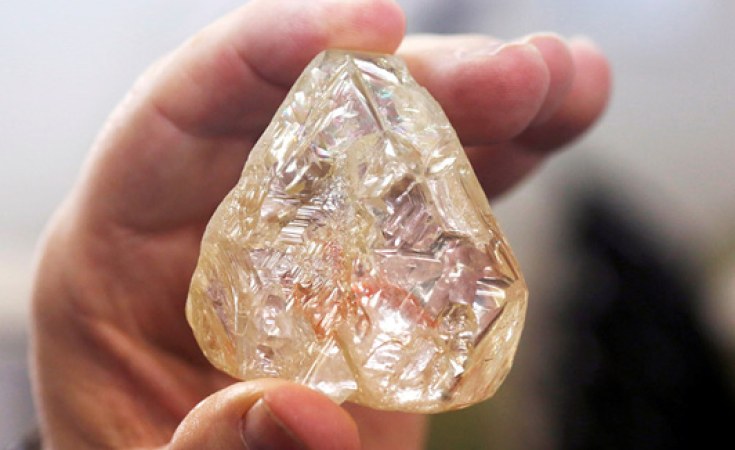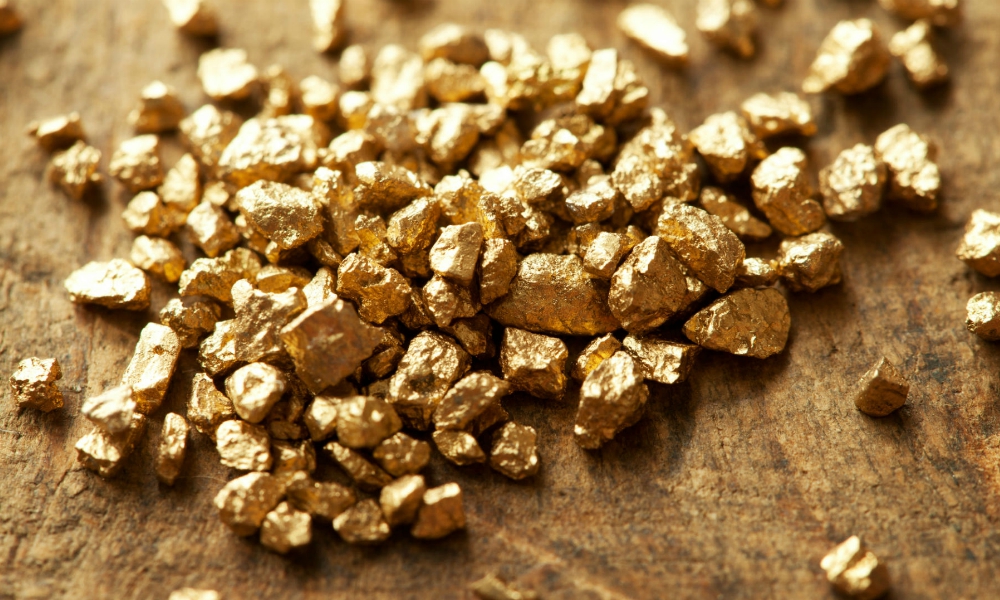Regional
For DRC’s Tshisekedi, Rwanda has no minerals
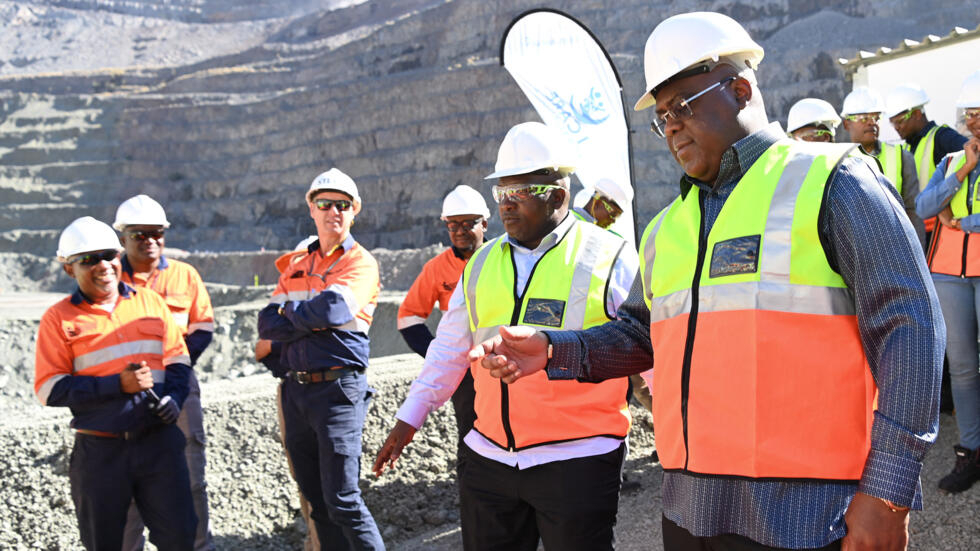
Tensions between Rwanda and
the Democratic Republic of Congo (DRC) escalated in 2022, mainly due to the
resurgence of M23 rebels, with Kinshasa accusing Kigali of backing the rebels,
allegations constantly denied by the government of Rwanda.
The Congolese government's
false claims constantly seek to deflect attention onto Rwanda and avoid
accountability of governance failures back home.
In an attempt to leverage
media interest in one of the world's largest companies, on April 25, lawyers
representing the Congolese government wrote a letter to tech giant, Apple,
seeking further information about the details of its supply chain. The central
African country’s authorities are alleging that Apple has been sourcing
conflict minerals from DRC.
Kinshasa alleged that Rwanda
is the location where big tech firms source their products. "The world's
eyes are wide shut: Rwanda's production of key 3T minerals (tin, tungsten and
tantalum) is near zero, and yet big tech companies say their minerals are
sourced in Rwanda," read part of the letter.
Looking at how the Congolese
leaders have been claiming that Rwanda has no minerals, one would think that
DRC is the only country with mineral resources in the region.
Kinshasa will tarnish Rwanda’s
image at any cost.
Following the signing, on
February 21, of a memorandum of understanding between the European Union and
Rwanda aimed at integrating sustainable value chains for critical and strategic
raw materials, Congolese President Felix Tshisekedi turned his nose up in protest.
“It’s a provocation in very bad taste,” Tshisekedi told reporters on national television, adding that Rwanda should not export wealth that it does not have.
Do these minerals stop at
Rwanda's borders? Rwandan President Paul Kagame asked in 2017. “Science should
be used to find the facts so that, for once, we put an end to speculation and
conspiracy theories about Rwanda’s resources.”
Since colonial time, Belgian
mining companies were extracting mineral resources from Rwanda. In 1989, Régie
d’Exploitation et de Développement des Mines (REDEMI), a public company was
established to carry on with mining and exploration.
Documented reports indicate
that from 1930 to 1968, Rwanda’s mineral production increased from 20 per cent
to 42.5 per cent of all foreign exchange earnings of the country.
Rwandan has been encouraging
investment in the mining sector, with an ambitious plan to exploit the vast
natural resources beneath the country’s hills and valleys.
In 2013, Rwanda became the
world’s single largest exporter of Coltan (tantalum). The country exported
2,466,025 kilos of tantalum, accounting for 28 per cent of total 8,807,232
kilos of tantalum produced globally. Total revenue from Coltan was $134.5
million.
“Rwanda has not only enough
Coltan but of a very high quality,” President Kagame said in 2015.
Rwanda Mines, Petroleum and
Gas Board (RMB) crossed the $1 billion mark in export revenue generated in
2023, representing a 43 per cent increase from $772 million recorded in 2022.
Kinshasa has never
acknowledged its internal problems and Rwanda’s concern on FDLR’s operations in
eastern DRC, but opted to constantly accuse Rwanda of destabilizing the area to
plunder mineral resources.
The accusation is irrational.
Rwanda is a member state of the ICGLR Mineral Tracking and Certification Scheme
whose aim is to provide for sustainable conflict-free mineral chains in and
between Member States of the International Conference on the Great Lakes Region
with a view to eliminating support to armed groups that sustain or prolong
conflict.
Rwanda’s minerals are
certified and comply with international standards.
The real plunderers of
Congolese minerals are well known but DRC pretends to be unaware of them, and
works tirelessly to deflect attention onto Rwanda with false accusations,
aiming at leveraging media attention to tarnish Rwanda’s image.



